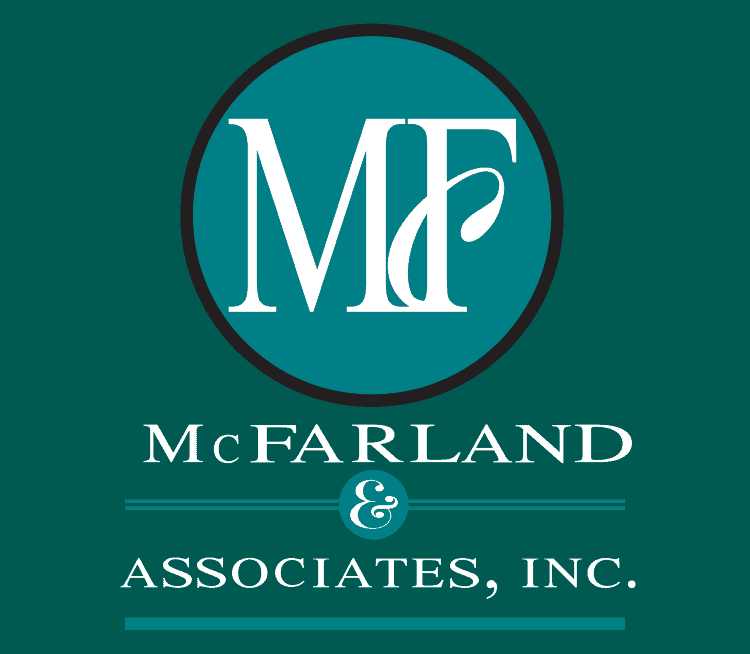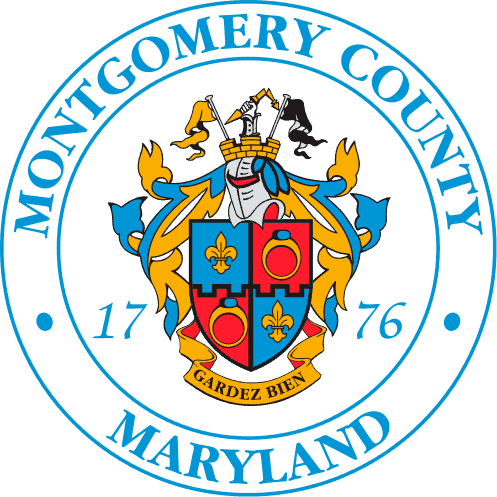Preeclampsia is a serious pregnancy complication that can cause high blood pressure and kidney dysfunction. The risk factors for preeclampsia include first pregnancy, multiple pregnancy, age 35 and older, family history, obesity, diabetes, high blood pressure, kidney disease, and autoimmune disorders. Studies have shown that US-born Black/African American women are at higher risk of preeclampsia than both White women and Black/African American women who immigrated to the US. Structural racism, combined with biological, cultural, and social factors, may contribute to this disparity.
High blood pressure is a common symptom of preeclampsia and can be an early warning sign of the condition. It is important for pregnant women to monitor their blood pressure regularly to prevent and manage preeclampsia. Women should be aware of the signs and symptoms of preeclampsia and seek timely medical care if they suspect they may have preeclampsia. Women should also maintain a healthy lifestyle during pregnancy by eating a balanced diet, staying active, and avoiding unhealthy habits like smoking.
May is Preeclampsia Awareness Month, and AAHP wants you to know that preeclampsia can be prevented and managed with proper care and attention. For more information about the SMILE (Start More Infants Living Equally healthy) Program, AAHP’s services for Black/African American expecting and postpartum moms, please visit AAHP’s website here.
Sources:


